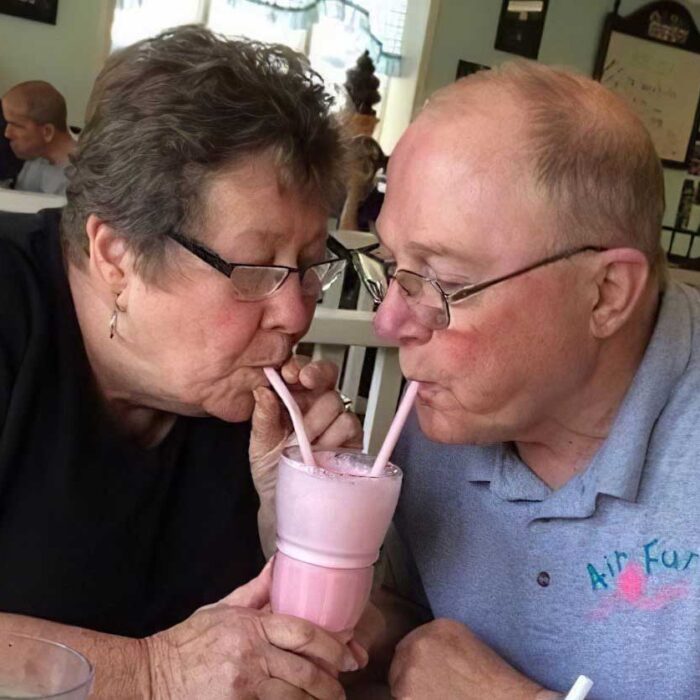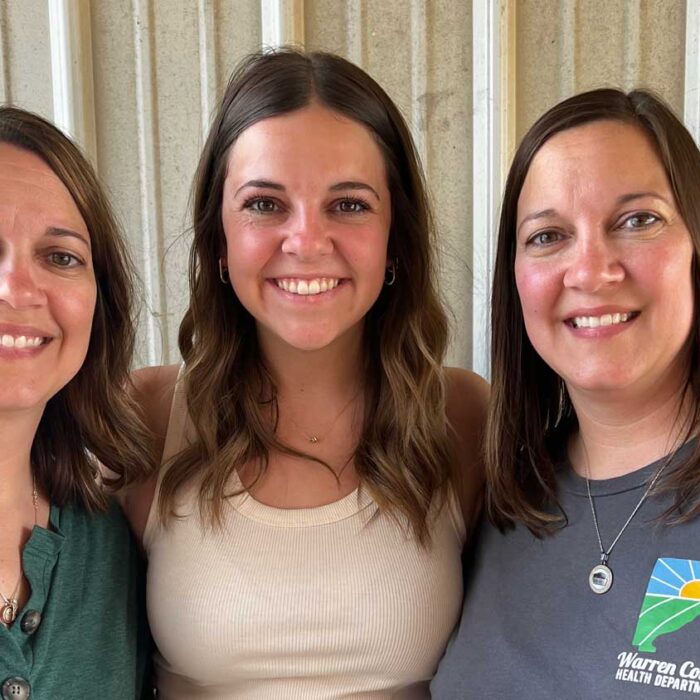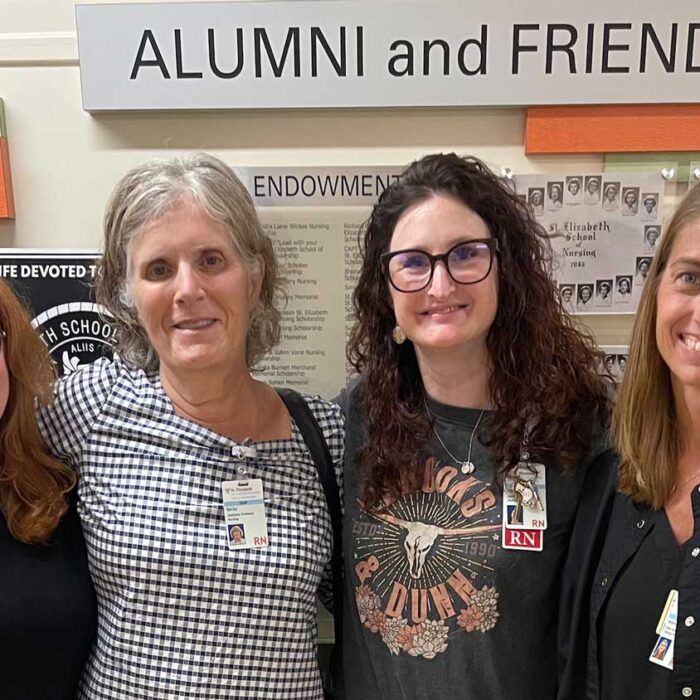When strain and grief affect nurses’ well-being, exhaustion takes a hefty toll, leading some to choose early retirement, a career shift or reduced work hours. Expecting RNs to be fully present and their best, brightest selves one hundred percent of the time is an unfair demand. When their emotional wellbeing is depleted, it can result in compassion fatigue or empathy burnout.
What are compassion fatigue and empathy burnout?
Compassion fatigue and empathy burnout result from overwhelming caregiving demands that become too much to manage.
Compassion means showing kindness and a willingness to help others during stressful events, conditions or situations and caring enough to want to lend a hand. Empathy is a little different; it’s the ability to understand what someone is feeling and embody their distress. Empathy is a communal sympathy, where one’s imagination of another’s pain allows them to feel the ache to their core. It is normal for chronic stress to make feeling compassion and empathy difficult. While some health care workers can be more prone to breaking points than others, even the most experienced and stoic providers can identify with periods of feeling chronic worry or apathy. In a line of work where physical hazards are constantly addressed, like correctly moving patients or disposal of sharp objects, it’s also essential to address the emotional threats to nurses.
The symptoms
Up to forty percent of intensive care workers report periods of battling compassion fatigue. The prevalence is much higher in those who repeatedly witness and care for trauma patients. Nurse and administrator awareness of the propensity for exhaustion and burnout is half the battle. Knowing the signs to look out for can help signal issues before they become problems.
Here are some of the warning signs:
- Quick to anger
- Stifled emotions
- Isolating from others
- Excessive workplace complaining
- Poor self-care
- Chronic fatigue or physical ailments
- Lack of concentration
- Chronic illness
- Substance misuse
- Becoming compulsive or turning to addictive
behaviors for comfort
The solutions
Being mindful of symptoms allows nurses to be proactive in addressing their needs while allowing coworkers to be conscious of one another. The good news is there are ways to combat and soothe both fatigue and burnout.
Acceptance
Giving yourself grace in the moment by realizing this is where you currently are does not mean you will always feel this way. Acknowledging stressors is the first step towards solving them.
Be kind to yourself
A little self-care goes a long way. Schedule it into even the busiest of days to rejuvenate your caregiving soul.
Routines and rituals
Sometimes, the drive home isn’t enough to transition from work to home adequately. Many rely on other means to relax and wash away the day’s worries. From audio books to kickboxing classes, find an activity that rejuvenates you and commit to it.
Utilize personal time off
You may be banking vacation days for something special, yet sometimes that “something special” most deserving of your focus is you.
You are your best advocate
Coping during this time can mean setting boundaries and saying “no” to invitations, extra tasks and perhaps politely removing yourself from draining commitments, and that’s okay.
Ask for help
As well-meaning as friends and family are, coping and recovering sometimes means finding someone to talk with who understands what you are experiencing and can help you navigate it. From coworkers to mental health experts, there are trusted sources ready to listen.
As seen in the The Lamp fall 2021 issue









